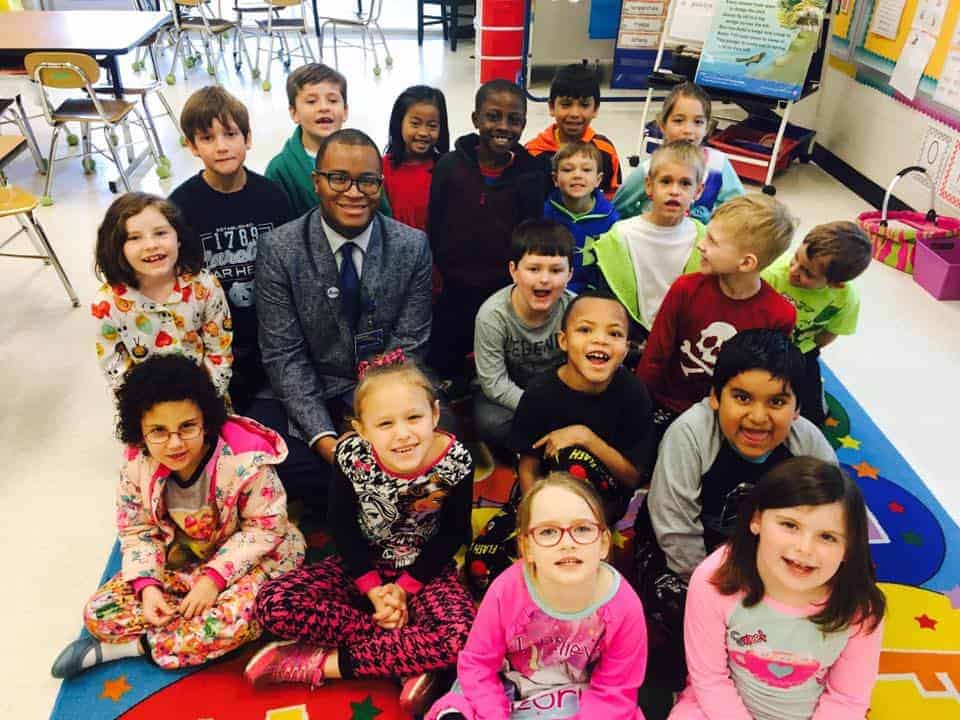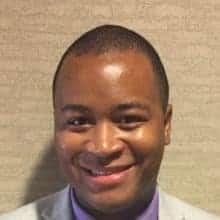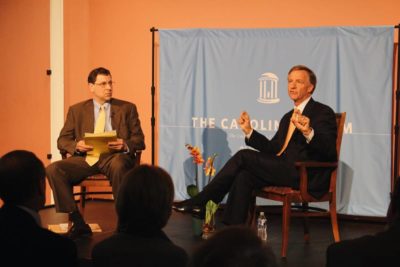He receives free lunch. He lives in a trailer. His dad was in prison. His dad died when he was in 8th grade. He has never met his mom. He lives with his grandma. This is typical chatter in the teacher’s lounge.
A teacher could utilize this information as a mandate to provide a student with emotional and academic support. A teacher could also choose to view this information as a justification as to why a student cannot learn at high levels. How a teacher processes this information says a lot about his or her core values.
These six statements could have done major damage to my school career and experience if my teachers had opted to pity me. Instead, my teachers from elementary school through high school decided to push me, challenge me, and encourage me. I was explicitly and implicitly told by my teachers and peers that I was smart and that I was a leader.
One of my fondest memories from 1st Grade at Westarea Elementary in Cumberland County was when I was selected to be on the Board of Directors for our class store. I took great pride in selling erasers, pencils, and other school supplies. Mrs. Maultsby’s decision to name me to the board helped me to see myself as a leader and as someone who had something to contribute to the world. I carried that belief throughout my school career, and I constantly encountered teachers who built upon the foundation that Mrs. Maultsby provided. This all transpired in a school that was 80 percent economically disadvantaged. Teachers like Mrs. Maultsby took the time to focus on what students could do instead of what they did not have.
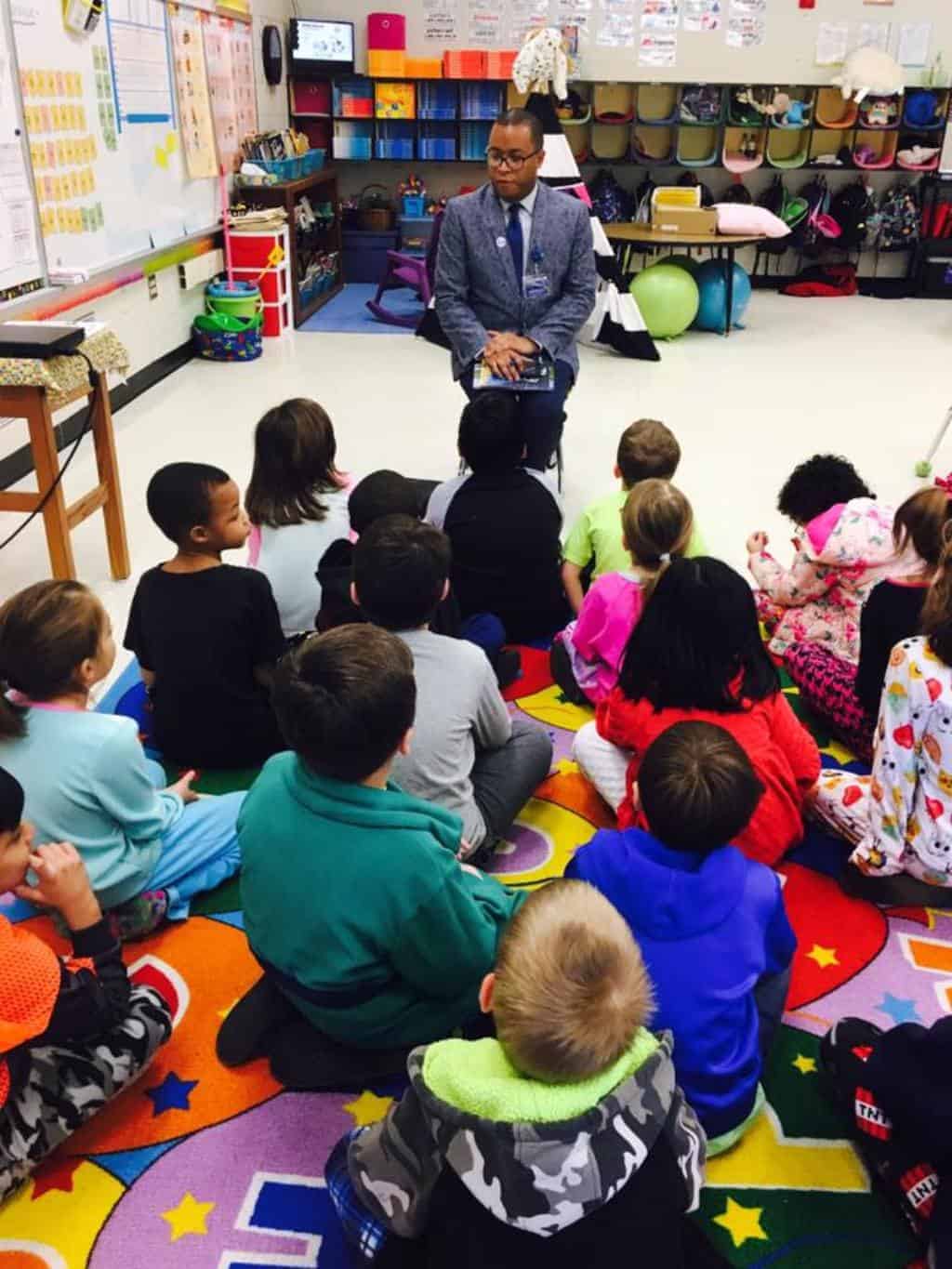

As an educator, I strive to plant seeds in my students in the same vein as Mrs. Maultsby. I want my students to see themselves as entrepreneurs, travelers, inventors, researchers, and so much more. Anytime I drive by Westarea, I recall the love and support that I felt in Mrs. Maultsby’s class.
Westarea Elementary was not the only school that I attended. I spent time learning at Mary McArthur Elementary, Cumberland Mills Elementary, College Lakes Elementary, Plain View Primary, Tar Heel Middle School, Luther “Nick” Jeralds Middle School, back to Tar Heel Middle, and finally West Bladen High School.
Each time, I was welcomed into the classroom with a sense of belonging. Mrs. Simpson, Mrs. Harbor, Mrs. Hall, Ms. Myers, Ms. Scarboro, Ms. Wilson, Mrs. Priest, Mrs. Breece, Ms. Monroe, Mr. Monroe, Mr. Ray, Mr. Cross, Mrs. Kirby, Mrs. Wilkins, Ms. Robinson, Mrs. Dove, Mrs. Autry, Mrs. Lewis, Mrs. Smith, Mrs. Britt, Mr. Bowen, Mrs. Kelly, Mrs. Harrelson, Mrs. Roberts, Mrs. Dutton, Mrs. Scoggins, Ms. Kelly, Mrs. Lennon, Mrs. Barber, Mrs. Brown, Mr. Smith, Ms. Freeman, Mrs. Gore, Mrs. Melvin, Mrs. Anderson, Mr. Pait, Mrs. Bullard, Ms. Stephens, and Mr. Hales ALL wanted me to be successful. I never felt invisible. I never was on the receiving end of mean-spirited comments. I never felt like I could not do the work. I never overhead teachers talking about the number of schools that I had attended. None of my teachers looked down on me because my grandma did not serve as a classroom volunteer, a field trip chaperone, or PTA member.
Every grading period, I found myself on the honor roll. I racked up a series of awards and recognitions. I became valedictorian, chief marshal, and president of a slew of clubs and organizations including our student body. I enrolled in UNC-Chapel Hill, and I graduated at the age of 20 after two-and-a-half years at the university.
None of this would have been possible if my teachers had constantly reminded me that I received free lunch, I lived in a trailer, my dad had spent time in prison, my dad died when I was in 8th grade, and that I had never met my mom. Instead of harping on the perceived negative aspects of my life, I was referred to as a “beacon of light” by my chemistry teacher, Mr. Hales. Positive remarks and glances became the norm for me, which pushed me to excel at high levels.
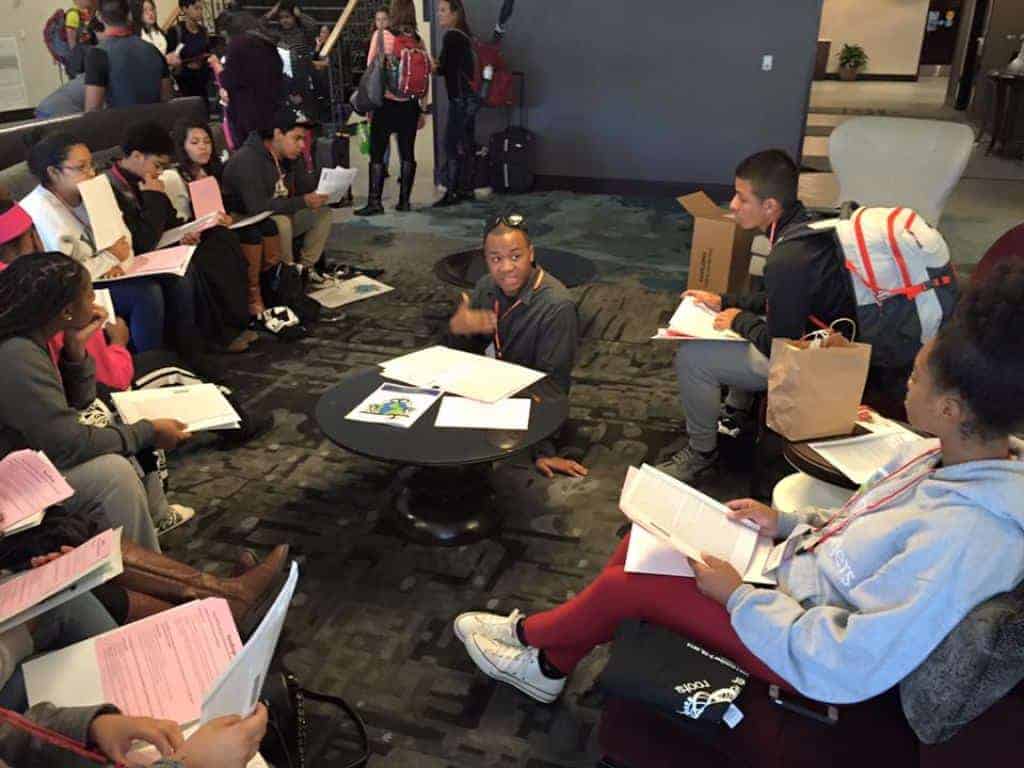

After graduating college, I began working for Cumberland County Schools. I worked in a school that was not the most affluent. I worked with students who lived in mobile home parks, subsidized housing, and single-parent households. I did not spend my time trying to box my sixth graders into stereotypical roles and categories despite the fact that many people tried to “remind” me that I worked in certain type of school.
Instead, I worked to become a facilitator of discovery. The achievement gap is a manifestation of the opportunity gap. How we can as educators provide our students with opportunities to meet interesting people, explore fresh ideas, and visit different places? Exposure is the key to building background knowledge, which will help our students to make connections, grow, and ultimately achieve.
I remember when I was planning to take my students on a tour of UNC-Chapel Hill. I was told that other schools only took Academically/Intellectually Gifted (AIG) students to Carolina while “regular students” should be taken to the local community college. I proceeded with the trip to Carolina because I did not and do not believe that we should prevent students from exploring any college, especially when they have six years to prepare!
I also recall when I implemented a special project with my students called Operation Inquiry (Shark Tank meets the Graduation Project for middle school students). They had to create an invention, write about the invention, and present before a panel of 10 educators from around the school system. I was told by colleagues that the project was “too much” for the students to manage. I did what I always do, I bet on my kids.
My students successfully completed Operation Inquiry, and I was able to share my findings with the North Carolina Department of Public Instruction as a member of the Governor’s Teacher Network. I was able to effectively implement the project for two years so it was not a fluke. My classroom environment was built on high expectations and a strong belief that my students can, should, will, and must achieve.
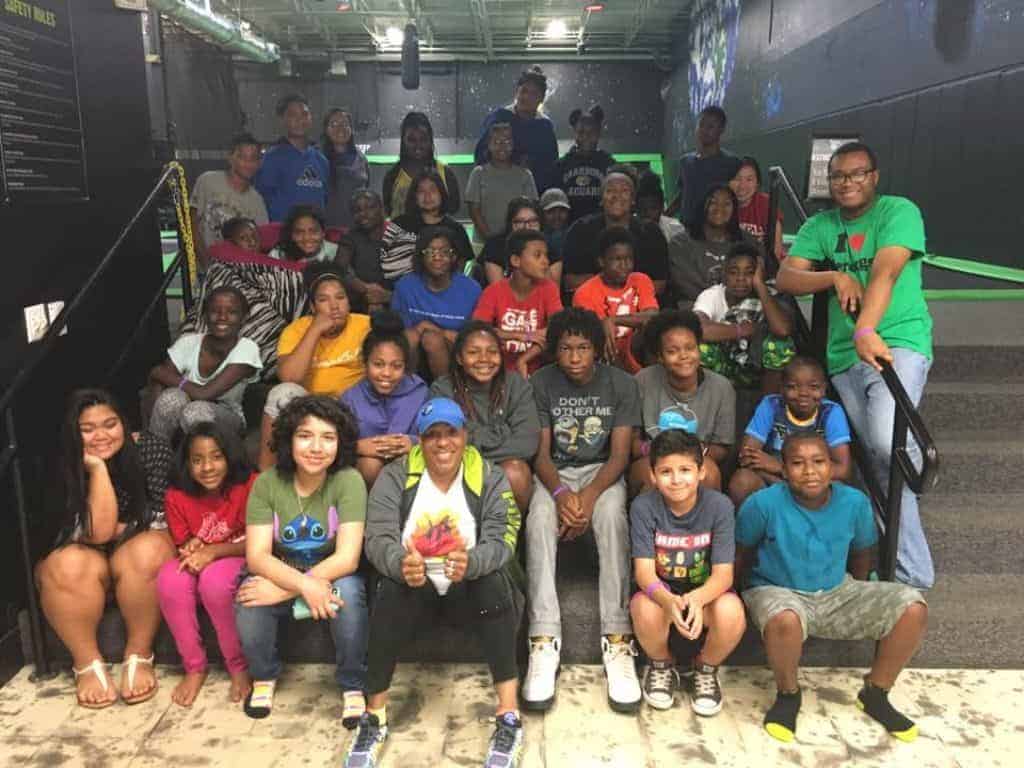

Every time that I was encouraged to doubt my students, I pushed back. Every single time my students revealed themselves to be thinkers, scholars, and researchers.
I have been out of the classroom for the past three years in positions that allow me to support students outside of school time. I spend quite a bit of time talking with teachers and administrators. Routinely, I hear educators share that students are incapable of certain tasks. Student’s neighborhoods, communities, and attendance areas are mentioned as explanations for a lack of success. Educators speak with such matter-of-fact terms, and I often wonder what kind of education that I would have received if I was in their classrooms or schools. Some of them would have never guessed that this well-dressed and well-spoken administrator shared a lot of the same experiences as the students in their buildings.
I received free lunch. I lived in a trailer. My dad was in prison. My dad died when I was in 8th grade. I have never met my mom. I lived with my grandma.
Because teachers believed in me and taught me to believe in myself, I placed as the First Runner-Up in the Cumberland County Schools Teacher of the Year Competition after being named Teacher of the Year for South View Middle and the South View Attendance Area. I was a Professional Development & Model Classroom Facilitator for the district and state. I was an Emerging Leader for the North Carolina Phi Delta Kappa (NCPDK). I was one of the Fayetteville Observer’s 40 under 40. I started my own talk show, radio show, and blog called Tar Heel Teachers. I worked for Chapel Hill-Carrboro City Schools prestigious Blue Ribbon Mentor-Advocate program. I pursued a master’s in school administration from the University of North Carolina at Wilmington. I was named the director of a federal grant (Upward Bound) to help Sampson County Schools’ students prepare for college. I applied to a doctoral program, and I am expecting a favorable reply. I want to attend law school after I get my doctorate.
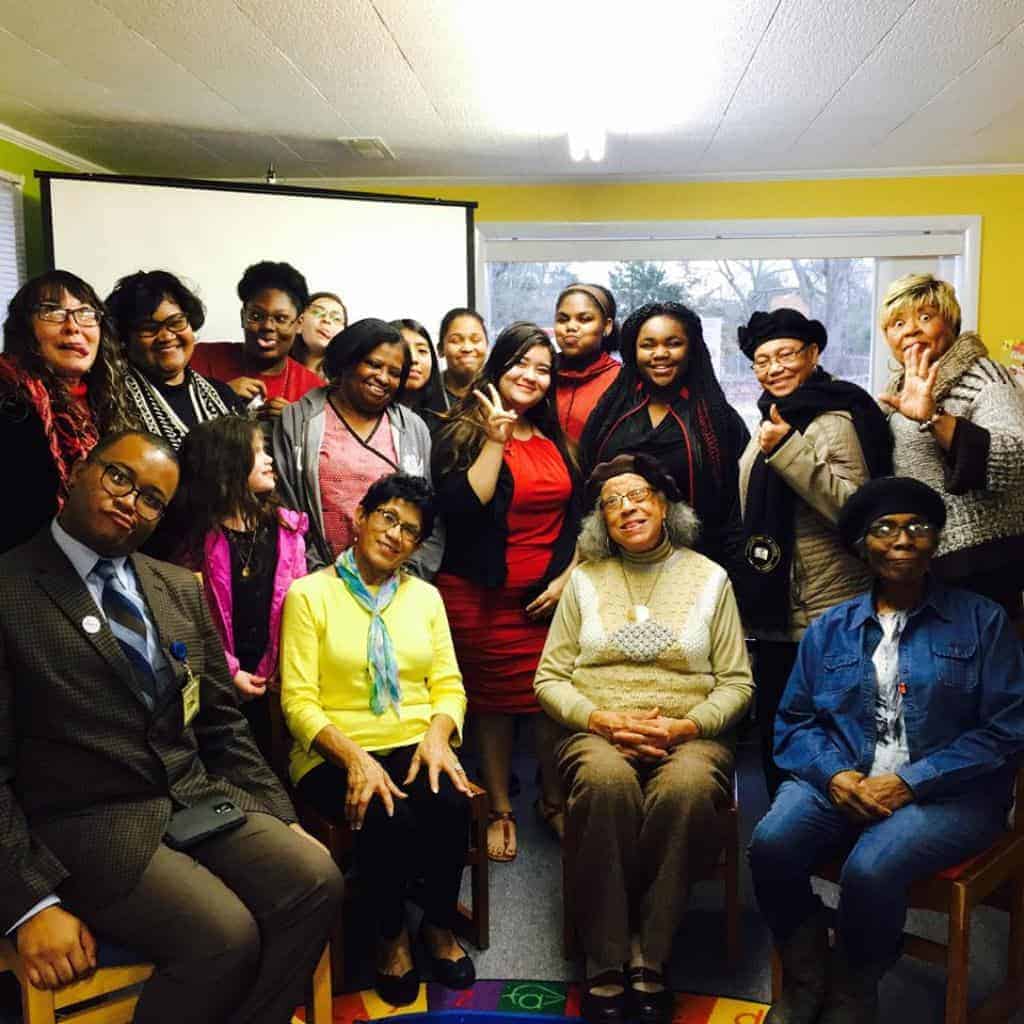

As educators, we have to be relentless in our pursuit of excellence for all students. We have to safeguard our students from negative talk and low-to-no expectations because we never know what each student can accomplish throughout his or her lifetime.
I am personally grateful that my teachers chose to deposit positive thoughts and high expectations in my account, and I have devoted my life to doing the same for every student that comes into my path. What teachers believe matters.
